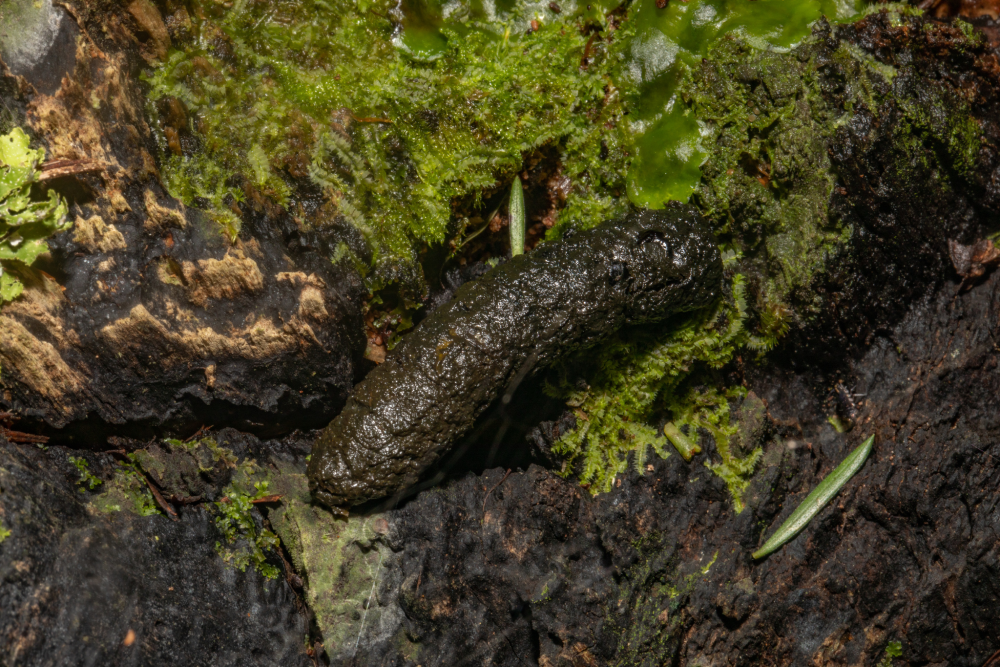One of the largest insects in the world is making a triumphant return to New Zealand. The wētāpunga, Deinacrida heteracantha, predates the dinosaurs but was nearly wiped out in 1840 following the introduction of new predators to their native islands. Now, a captive breeding program is returning them to New Zealand with hopes the species can become established once more.
The wētāpunga is the largest of over 70 species of wētā that are unique to New Zealand, explains the Auckland Zoo. The institution knows its wētās, being behind the recent release of 300 juvenile wētāpungas across two islands in the Bay of Islands.
The release follows a captive breeding program that’s been running since 2012, taking specimens from the wētāpunga’s final stronghold on Te Hauturu-o-Toi/ Little Barrier Island in the Hauraki Gulf. While the most recent wētāpunga release wasn’t the first, around 1,200 have been released since 2020, it was considered one of the most delicate being the first to release juveniles rather than adults.
The enormous insects join seven other endangered species that have been returned to the islands in recent years as part of Project Island Song, a community conservation group that has been working towards restoring the region’s native flora and fauna for two decades.

The wētāpunga’s enormity is matched only by its giant droppings.
“We’re bringing the wētāpunga back because they’re a really important part of the ecosystem, and they’ve been missing for about 200 years,” Project Island Song’s general manager Richard Robbins told RNZ.
“They’re huge, one of the largest insects in the world, and they’ve coexisted with other species here on the islands for millions of years. They were almost lost with just one remnant population left, so being able to be part of a larger programme to bring them back is really special.”
Females are the larger sex for wētāpunga and can double the average adult weight at 70 grams (2.5 ounces). That’s about the weight of a large chicken egg and is pretty staggering considering your typical grasshopper clocks around 0.01 ounces (300 milligrams).
The idea of grasshoppers the weight of eggs descending on an island might sound a bit like the insect pit on Skull Island, but their return marks the return of an important ecosystem function that’s been missing in their absence. As well as being huge, wētāpunga also produce poop pellets that may be the largest in proportion to their body size of any animal in the world. All that poop equals a lot of nutrients, something ecosystems need for healthy soils.
“The invertebrates are the underdog in the conservation world. But they are essential to healthy, functioning ecosystems, and without them, nothing works,” Auckland Zoo ectotherm curator Don McFarlane told RNZ.
So a heartwarming tale of an endangered species’ triumphant return, but not one quite as wild as when grasshoppers jacked up on fertilizers allegedly plagued a Montana orchard in 1937.
[H/T: The Messenger]
Source Link: Giant Grasshoppers Have Descended On New Zealand, And It’s Great News